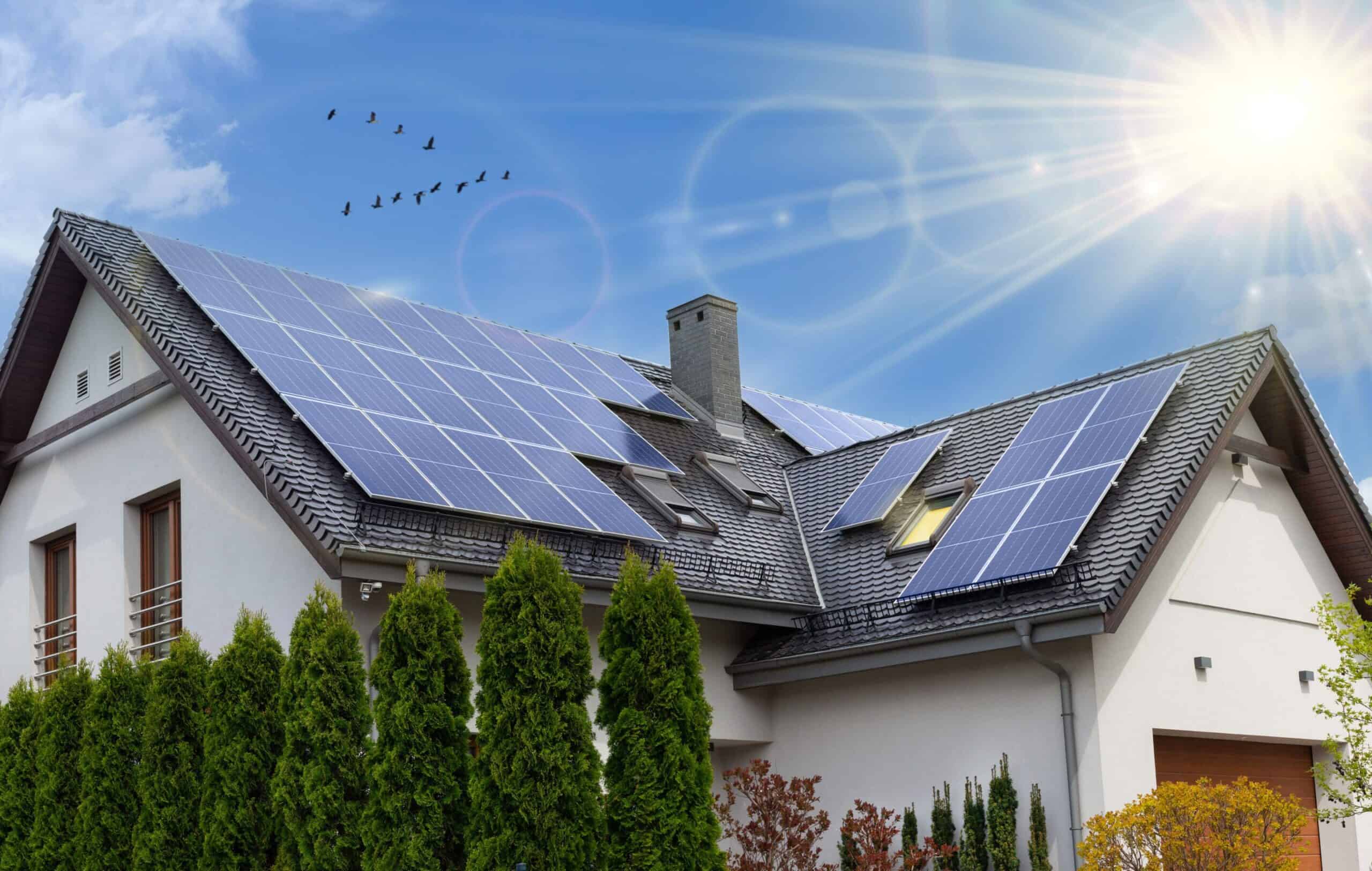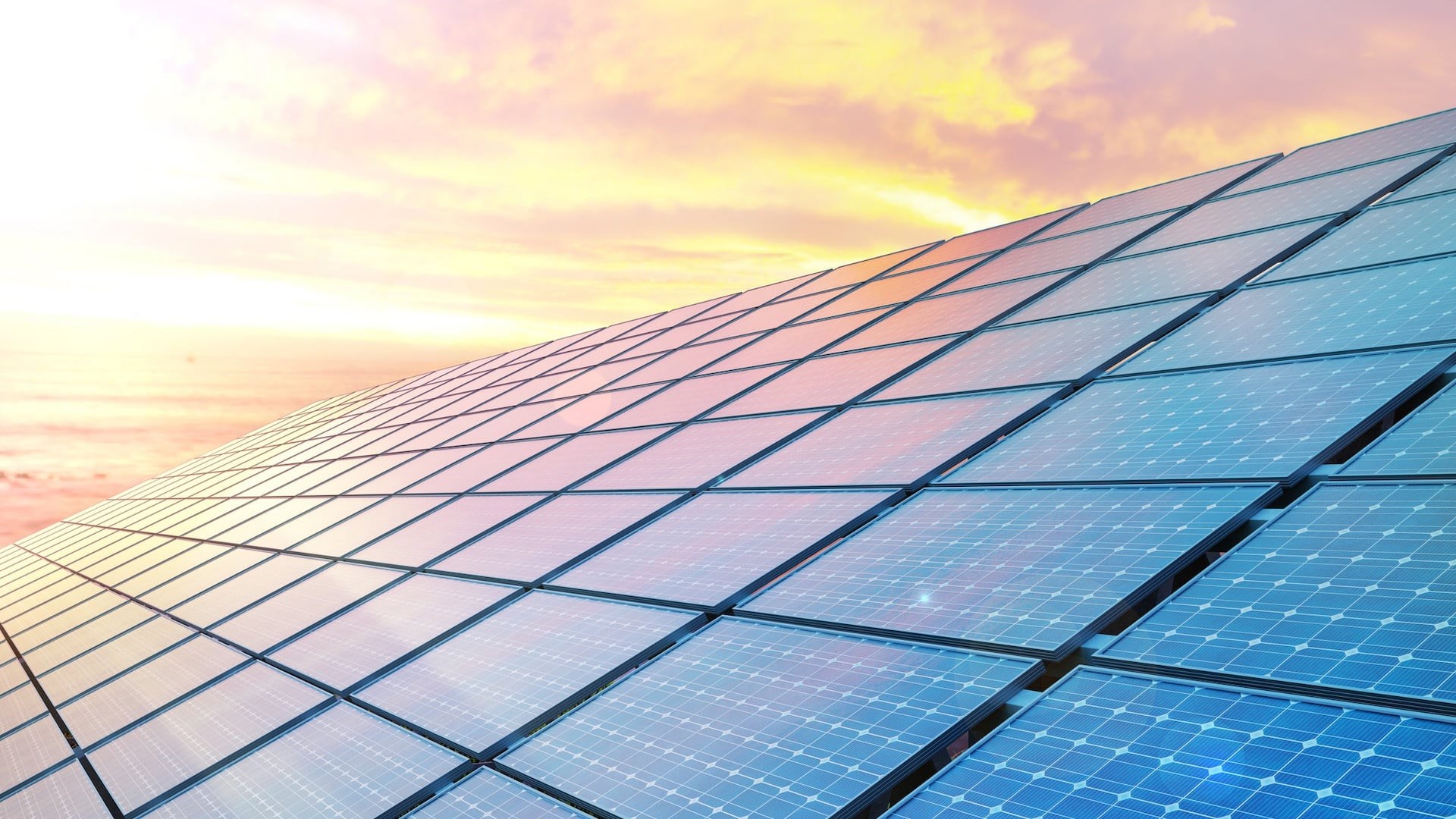Take Full Advantage Of Energy Cost Savings With High-Quality Solar Panels
Making best use of energy cost savings with the use of top quality solar panels is a complex strategy that requires cautious factor to consider of innovation, installation, and upkeep. Choosing high-efficiency choices, such as monocrystalline panels, can considerably boost power generation, while resilience and guarantee terms play an essential duty in lasting economic practicality.
Benefits of Solar Power
The advantages of solar power are many and considerable, making it a progressively appealing alternative for both household and industrial applications. Among the primary benefits is its potential to minimize power costs. By taking advantage of sunlight, residential property proprietors can generate their very own power, reducing dependence on standard utility sources and eventually leading to substantial cost savings.
One more vital advantage is environmental sustainability. Solar power is a tidy, sustainable source that aids to mitigate greenhouse gas discharges, contributing to a decrease in air contamination and environment modification. This straightens with global efforts to shift towards even more sustainable energy solutions.
Furthermore, solar energy systems can boost home value. Residences and services geared up with photovoltaic panels typically have greater resale worths, appealing to environmentally-conscious purchasers and financiers. Federal government rewards, such as tax debts and refunds, can balance out installation expenses, making solar energy also extra monetarily feasible.
Last but not least, solar modern technology promotes power self-reliance. By buying solar power, people and organizations can minimize their susceptability to changing power prices and supply disruptions, promoting greater control over their energy resources. Collectively, these benefits highlight the engaging reasons to consider solar energy services.
Choosing the Right Solar Panels
Choosing the appropriate solar panels is a crucial action in taking full advantage of the efficiency and benefits of a solar power system. When examining solar panels, numerous variables need to be taken into consideration to make certain optimal performance and long-lasting financial savings.
First, analyze the panel's effectiveness rating, which shows just how effectively it converts sunshine right into power. Higher efficiency panels may have a greater upfront expense yet can produce even more power in restricted room. Next off, analyze the service warranty supplied by the manufacturer; a much longer guarantee commonly reflects a higher degree of confidence in the product's longevity and efficiency.
Furthermore, consider the sort of solar panel modern technology. Monocrystalline panels are understood for their high efficiency and space-saving style, while polycrystalline panels have a tendency to be much more budget-friendly yet slightly much less effective. Bifacial panels, which record sunshine from both sides, are also acquiring popularity for their possible to improve energy output.
Last but not least, perform a thorough evaluation of independent efficiency ratings and consumer reviews to assess reliability and complete satisfaction. By carefully taking into consideration these factors, home owners can make informed options that line up with their energy demands and economic objectives, inevitably enhancing the roi for their solar power systems.
Recognizing Setup Costs
Understanding the costs associated with installing solar panels is vital for home owners aiming to buy renewable resource. The total installment expense can vary significantly based on a number of elements, consisting of system dimension, panel type, installation intricacy, and geographical location.
Typically, the cost is determined on a per-watt basis, with average rates varying from $2.50 to $3.50 per watt before any kind of motivations. A common household read here system could cost in between $15,000 and $25,000, depending upon energy demands and the chosen elements.
In enhancement to the panels themselves, home owners must take into consideration expenditures connected to inverters, placing hardware, and electric upgrades. Labor costs also play an important role, as specialist installment ensures compliance with security requirements and regional regulations.

Eventually, comprehending these installment prices and possible economic advantages is essential for home owners to make informed decisions about transitioning to solar power.

Upkeep for Long-Term Financial Savings
Preserving solar panels is vital for making best use of lasting power financial savings and ensuring the system runs at peak effectiveness. Normal upkeep includes numerous key methods that can substantially enhance the durability and efficiency of solar setups.
First, routine inspections ought to be conducted to identify any physical damages or wear, such as fractures or loosened connections. Cleaning up the panels is likewise essential, as dust, dust, and particles can block sunshine, reducing energy output (Solar Panels). It is suggested to clean up the panels at the very least twice a year, or a lot more frequently in locations with high degrees of dust or pollution
In addition, monitoring the system's efficiency through a tracking software application can give real-time data on energy production and alert house owners to any type of anomalies. This proactive method allows for timely fixings, lessening downtime and keeping ideal energy generation.
Ecological Impact of Solar Power
The environmental impact of solar power expands much beyond its prompt benefits of lowering electricity expenses and reliance on nonrenewable fuel sources. By using sunshine, solar energy dramatically decreases greenhouse gas discharges, consequently alleviating climate adjustment. Unlike standard energy sources such as coal or gas, solar power generation does not produce air pollutants, contributing to improved air top quality and public health and wellness.
Moreover, solar energy advertises biodiversity by decreasing the requirement for nonrenewable fuel source extraction, which commonly disrupts communities and habitats. By transitioning to renewable resource resources, we can maintain all-natural landscapes and shield jeopardized species from habitat loss.
The life process of solar panels also presents a reduced environmental this footprint compared to standard power resources - Solar Panels. While making photovoltaic panels entails some source usage and emissions, developments in modern technology and recycling procedures are continuously lowering these impacts. Furthermore, the lasting benefits of solar power-- such as decreased dependence on finite sources-- far outweigh these first costs
Verdict
In summary, the useful reference adoption of premium solar panels offers significant opportunities for energy financial savings and environmental benefits. By picking ideal technologies, such as monocrystalline panels, and ensuring effective installation, house owners can optimize power generation in restricted areas. Additionally, understanding installment expenses and maintenance needs even more adds to long-lasting savings. The calculated positioning of solar panel selections with power requirements and government motivations improves return on financial investment, advertising sustainability and reducing reliance on standard energy resources.